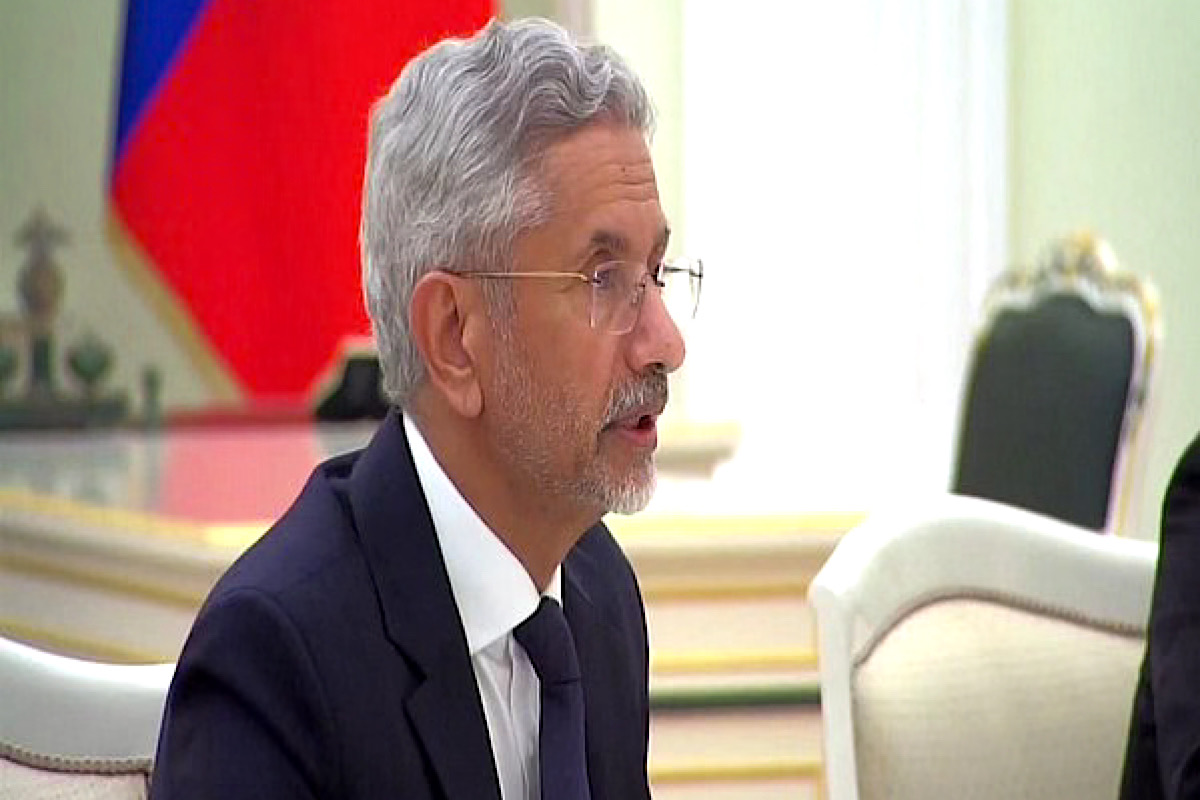Underlining that New Delhi’s stakes in terms of trade, investment, services, resources, logistics and technology in the Indo-Pacific are growing by the day, External Affairs Minister S Jaishankar on Tuesday said that ensuring the stability, safety and security of this region is vital for India.
Addressing the Korea National Diplomatic Academy in Seoul, he noted that as the idea of Indo-Pacific took root, many nations, groupings and organisations examined it from their particular vantage point. ”The Association of Southeast Asian Nations (ASEAN), the EU and Indian Ocean Rim Association ( IORA) have all articulated their outlook. So too have individual nations in Europe and in Asia. The East Asia Summit has even launched an Indo-Pacific Ocean’s Initiative in 2019.”
Advertisement
Dr Jaishankar said South Korea also, after careful consideration, released its Indo-Pacific Strategy in 2022. ”My understanding is that it envisages a free, peaceful and prosperous region based on three principles of inclusiveness, trust and reciprocity. This certainly creates the basis for working more closely with like-minded partners,” he added.
The foreign minister, who is currently on a visit to South Korea and Japan, said the last four years have seen the global economy and even global society devastated by the Covid-19 pandemic. Quite apart from the damage that it wrought, it completely disrupted the flow of goods and services. ”Thereafter, we are witnessing two conflicts that are still ongoing, one in Ukraine and the other in the Middle East. The latter has spread to the Red Sea, threatening maritime shipping between Asia and Europe. Climate events are another variable that we need to cater for, because they will happen increasingly frequently,” he said.
Dr Jaishankar was of the view that the world cannot be sanguine about such shocks in the future. ”On the contrary, we have to prove ourselves by creating redundant, reliable and resilient supply chains. Trade and supply chain diversification is one aspect of such endeavours,” he said.
About the changes underway in India, he said the country did not give the importance that it should have to manufacturing and technology development in the past. That started to change in 2014 with the Modi Government and has gathered steam over a decade. It is supported by vast improvements in infrastructure, innovation, education and skilling.
”This has now enabled us to embark on a ‘Make in India’ initiative in various domains. Such collaborations would not only facilitate our partners’ access to the Indian market but also use us as a platform for global production. In short, the growing efficiencies of India are on offer as an attraction to Korean businesses,” he added.











